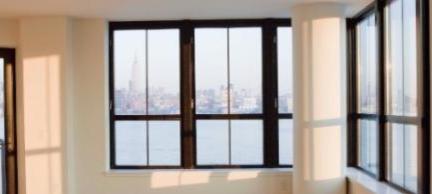Unoccupied Residential Property Insurance Home Buildings and Contents Insurance
Many people underestimate the need for unoccupied property insurance or don’t realise that they need it at all. The truth is that unoccupied property is at much greater risk than if it were occupied.
One of the main reasons for this is that it becomes a target for thieves, vandals and squatters. Many people take measures against this such as installing security cameras and security lights but this is certainly not a fool proof solution.
The only way to truly know that you’re covered is to get a good policy in place which will give you full peace of mind. Also whilst the property is empty you need to inform the insurance company if you will be doing minor or major alterations to the property.
Remember to do the following:
Advise your insurer!
It is vital that your insurer is kept informed of the occupancy status of your property. The fact that a property has become unoccupied is a material fact, and must be disclosed to the insurer, or you may find that you do not have any cover at all. Any fact which may affect an insurers view of a risk which is not disclosed to them may invalidate your policy completely. Once they have been advised, they may then decide to further restrict cover, or not to invite renewal of the policy at all. This is where your independent specialist will advise on a more suitable product to give you as much cover as possible.
Heating.
Either drain down the water system in the home completely, so that the risk of damage caused by escaping water is removed, or, particularly between the months of October - March, ensure that the heating is maintained on a frost alert setting, or to a temperature of 15 degrees C. This will reduce the risk of water freezing and causing burst pipes in the event of a sudden cold snap. If there is a water storage tank in the loft, it is advisable to open the loft hatch just a crack, so that the loft area is less likely to freeze.
Remove all valuable items from the property.
As most policies will exclude theft of contents once a home is unoccupied for an extended time, it is vital that all valuables are removed from the home immediately. However, a property that has been devoid of all furnishings during the longer term (over 3 years) can be very difficult to insure, so some insurers recommend leaving basic furniture in the property to make it appear occupied.
Make the property look occupied
If a home is obviously empty, the risk of it falling victim to vandalism, burglary, or squatters increases enormously. Ask a neighbour to park a car in the driveway, regularly move curtains, anything you can do to make it appear that the house is lived in, will reduce your risk.
Inspect the property regularly
Some insurers will agree to cover an empty property provided you can guarantee to have the property inspected by an authorised adult on a regular basis. Written records of each inspection, which should be internal and external, must be kept, so that in the event of a claim, these can be produced to verify the times of the inspections.
Switch off unused services
Mains services which are left switched on but are unused will increase the risk to your unoccupied house or building. Therefore any services not being used to heat or secure the property should be switched off.



